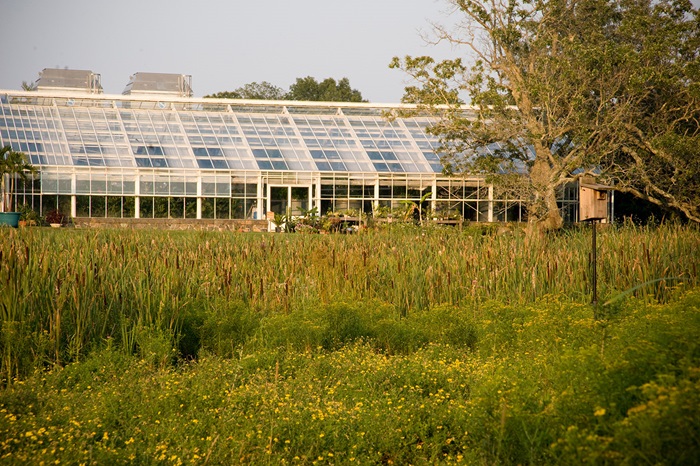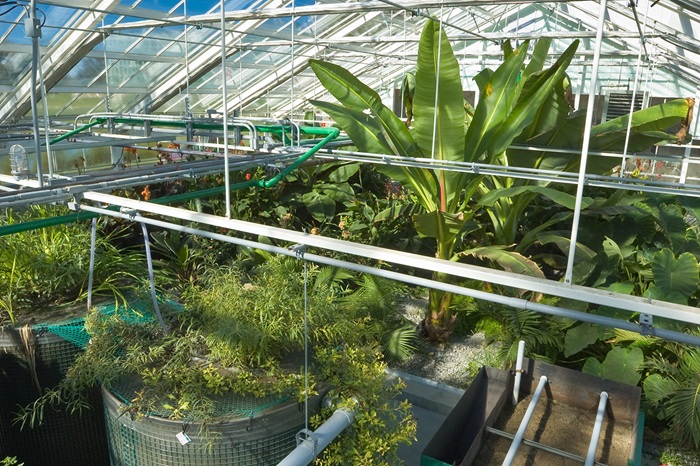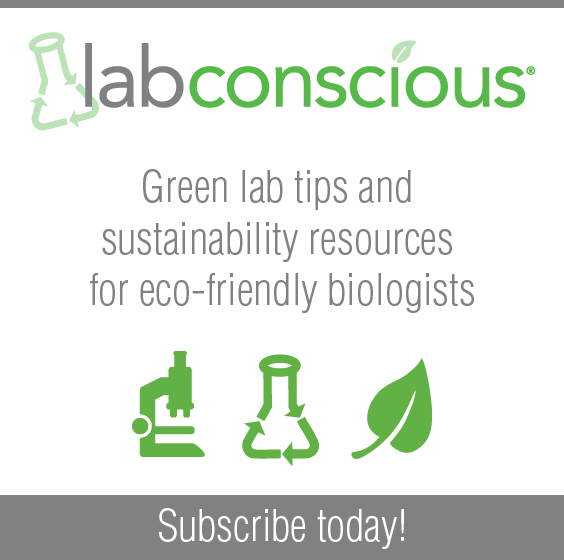
Bioremediation for sustainable clean water
Posted on Thursday, April 29, 2021
By
Topic: Environment and social responsibility
Bioremediation utilizes organisms, such as bacteria, fungi, or plants - and the biological processes they carry out - to clean up the environment. This is made possible by the ability of some organisms to use contaminants as an energy source. In fact, bacteria can be used to clean up our environmental messes, such as contaminated groundwater, oil spills or old oil and gas sites, and wastewater.
The global scarcity of potable water can be specifically addressed using bioaugmentation – a type of bioremediation that involves adding non-native, non-pathogenic microbes to a contaminated area.
Treating contaminated water sources using biological processes, including bioaugmentation and biofiltration, is an environmentally sustainable and economically sound practice, not just in developing countries where unsafe drinking water is related to 80% of all illnesses but also in developed countries. There is a long history of using microbes to provide clean drinking water that dates back to the 19th century when sand and microbial filtration were used. Unfortunately, for some, fear of microbes and their association with disease has led to less desirable methods, such as disinfection, which not only has long-term health risks, but it is virtually impossible to rid the water of microbes completely. This results in the selection of disinfectant-resistant microbes and the potential for invasion of the water supply by more dangerous microbes. Alternatively, a diverse microbial community can be established using biological filtration steps through granular media such as sand that microorganisms grow on. The microorganisms remove inorganic compounds such as ammonium and methane, and organic compounds such as pesticides and pharmaceuticals. Other adsorbents can be added to remove heavy metals such as lead.
To reduce NEB's impact on the environment, we have also put bioremediation into practice. Our main campus houses a 140,000 sq. ft LEED® (Leadership in Energy and Environmental Design) certified laboratory facility situated adjacent to the Ipswich River Watershed. The watershed is a complex and sensitive ecosystem comprised of 45 tributary streams that provide drinking water to 14 communities. All of NEB's water needs pull from the Ipswich River, so when NEB moved to this new location in 2005, it was a priority to protect this water source. The Solar Aquatics Wastewater System® is a pioneering sustainable feature installed on campus to process all of the campus wastewater - from the laboratories, cafeteria, kitchen and restrooms. So, instead of sending all the wastewater to a municipal wastewater treatment plant, it gets processed on-site through a series of physical and biological filters, essentially utilizing and accelerating processes found naturally in streams and wetlands. The addition of oxygen supports the growth of naturally occurring aerobic bacteria, which remove the organic components in the sewage. Sand filters and a marsh further filter the wastewater, and finally, UV light treatment kills off the bacteria. The clean water is discharged from the facility back into the groundwater cleaner than when it came in.
NEB's on-site Solar Aquatics Wastewater System


To learn more about our Solar Aquatics Wastewater System, check out the video below.

NEB will not rent, sell or otherwise transfer your data to a third party for monetary consideration. See our Privacy Policy for details. View our Community Guidelines.
Products and content are covered by one or more patents, trademarks and/or copyrights owned or controlled by New England Biolabs, Inc (NEB). The use of trademark symbols does not necessarily indicate that the name is trademarked in the country where it is being read; it indicates where the content was originally developed. See www.neb.com/trademarks. The use of these products may require you to obtain additional third-party intellectual property rights for certain applications. For more information, please email busdev@neb.com.
Don’t miss out on our latest NEBinspired blog releases!
- Sign up to receive our e-newsletter
- Download your favorite feed reader and subscribe to our RSS feed
Be a part of NEBinspired! Submit your idea to have it featured in our blog.


